
Welcome back! The 2024-25 school year dawns upon us.
Even though the summer of AI discontent is ending, it is still a hot topic.
Teachers may wonder what they should know about “AI” for the new school year.
The Back to School AI Toolkit for Teachers
This toolkit curates my posts written to help teachers understand “AI” and how it connects to pedagogy. Please read and share them with students. Topics covered include:
For more information about "AI" and pedagogy, please find resources from academics and researchers on my website.
Understanding “AI”
“AI” hype leads to misunderstandings. Here are posts about “AI” vocabulary, a post about experts to follow, an in-depth look at OpenAI’s practices, and an example of a 100% ethical “AI” app.
If you want your students to critically examine “AI,” please show them award-winning concept artist Karla Ortiz's US Senate testimony opening statement (opens PDF) (go to 31:23 of this video):
Here are the video and audio of my conversation with Kasey Bell1 about “AI” vocabulary:
AI and Writing
This deep dive into AI and writing cites many sources.
AI and Art/Creativity
How can schools celebrate the authentic creativity of students and teachers? Read these posts to get ideas.
AI Guest Speakers
This February 2024 post was my first on education and generative “AI.” What a conversation, dare I say movement, we have seen since then!
I noticed the idea of “AI” guest speakers in classrooms was gaining traction on social media. I addressed the strategy and what I knew about “AI” through a pedagogical lens.
AI and the Environment
There are numerous “AI” harms. In an age when we are trying to teach students to be good stewards of our planet for future generations, we need to address the environmental racism and resource consumption inherent to generative “AI.”
Continuing The Conversation
What do you think? How are you planning to address “AI” this school year? Comment below or Tweet me at @TomEMullaney.
Does your school or conference need a tech-forward educator who critically examines AI and pedagogy? Check out my professional development offerings, reach out on Twitter, or email mistermullaney@gmail.com.
Post Image: The blog post image is by Lanju Fotografie on Unsplash.
AI Disclosure:
I wrote this post without the use of any generative AI. That means:
I developed the idea for the post without using generative AI.
I wrote an outline for this post without the assistance of generative AI.
I wrote the post from the outline without the use of generative AI.
I edited this post without the assistance of any generative AI. I used Grammarly to assist in editing the post. I have Grammarly GO turned off.
There are no generative AI-generated images in this post.
Please note this is the Shake Up Learning Summer Series registration affiliate link. I receive a commission if you use it to register for an all-access pass upgrade.





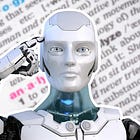
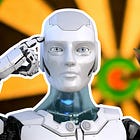
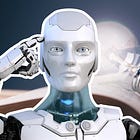
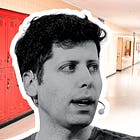
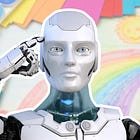
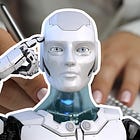


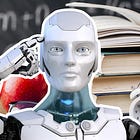


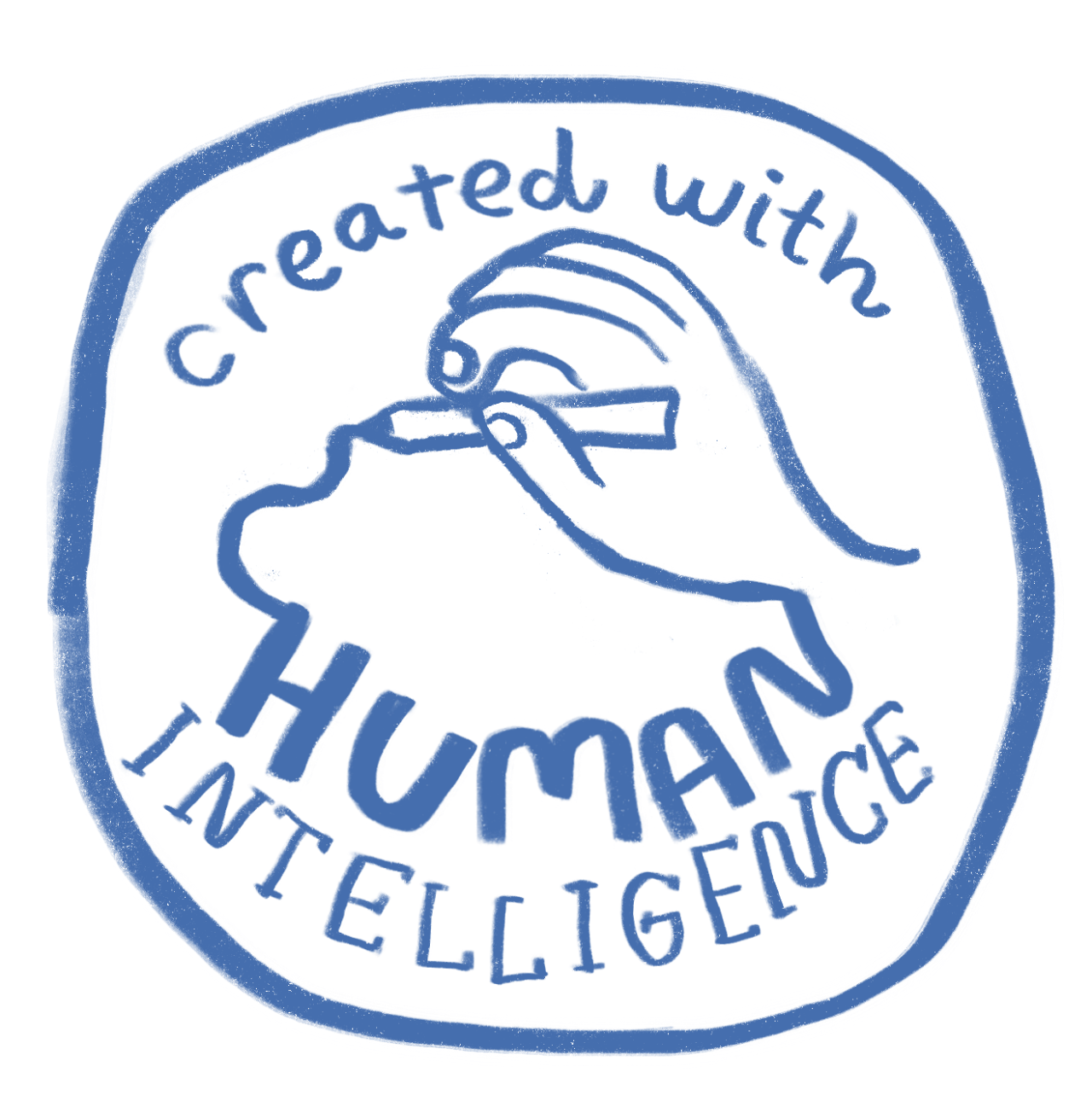
I am loving using AI as a thought partner for idea generation. My creativity is off the charts. I'm using @MagicSchool pretty exclusively with a little ChatGPT sprinkled in for non-educational topics. My district has also embraced AI and is using Magic Schoo's Magic Student with students. It meets the strict safety protocol we have in place, and teachers control which tools students can use, when, and how they can use them. Students are using AI as a thought partner as well to generate ideas. It's a great way to get past writer's block. We are also careful to cover ethics with them, so they know the possible downfalls of AI. It's much like how I taught my kids to do research both from books and the library. I teach them to only take bulleted notes instead of word for word unless they plan to use a quote. With bulleted lists, it's practically impossible to plagiarize.
AI is not going away, and we have a responsibility to prepare our students to use it ethically and competently in the work force as well as for their own needs.
I recommend books by John Spencer and Matt Miller on the subject. Education needs to change and adapt to make assignments and assessments that are not as easy to use AI.